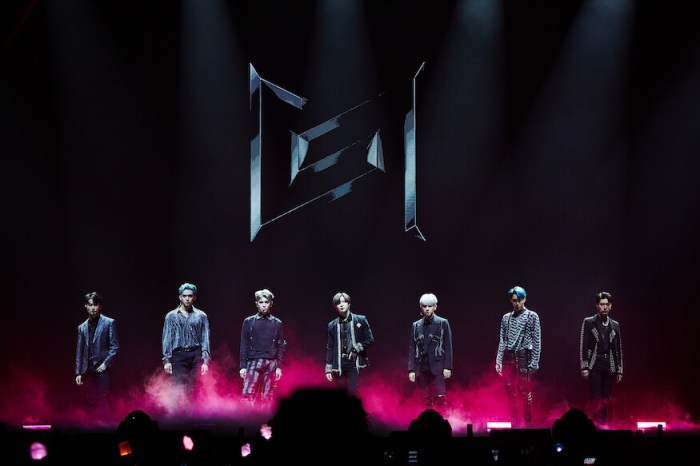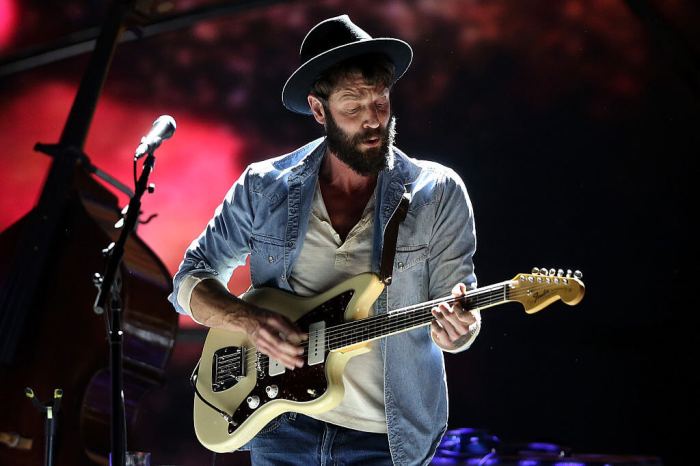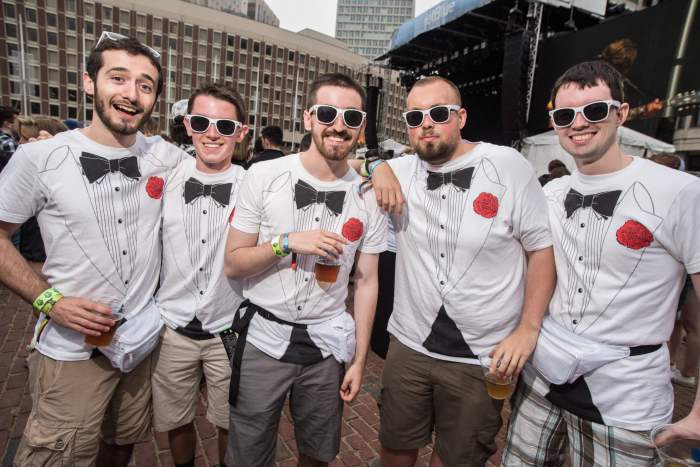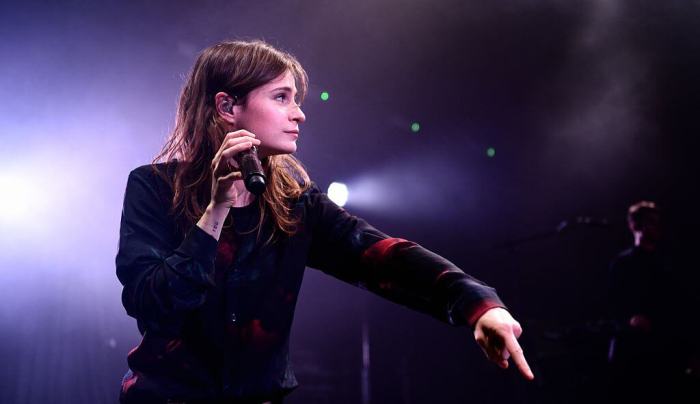It was supposed to be arelaxed Sunday night.
I was watching the BET Awards with my boyfriendand live tweeting all of the big moments of the night. What stood out the most for me was actor Jesse Williams’ remarkable acceptance speech and how conscious he was on the pressing social justice issues impacting the black community. The BET Awards is one of the few rare occasionson television whenan entire celebration is geared towardhonoring people of color’s contributions to society. I felt empowered hearing him speak on making black lives matter, combating systemic racism, and addressing the ills of cultural appropriation. And then one of the biggest mainstream cultural appropriators of our generation – Justin Timberlake – hopped in on Twitter to tell Williams how “inspired” he was by his speech. I couldn’t help but call out the hypocrisy.
Sincewhen did Justin Timberlake ever give a damn about the black community he’s exploited for most of the hits he’s produced? For all of the black sounds and tastes he has copied, Timberlake has been silent on contributing any starpower to spreadingawareness on the issues Williams spoke about. While Williams was in Ferguson,Timberlakewas off in the studio, on stage, or just not caring enough to speak out. So I called him out about it and asked for a fewatonements: “So does this mean you’re going to stop appropriating our music and culture? And apologize to Janet (Jackson) too?” I never expected that he would actually respond –why would a superstar with over 55 million Twitter followers care what this 24-year old thinks?
Well, I thought wrong.
Not only did he reply to my tweet, but he tried to disregardit. He was condescending, calling me a “sweet soul, and telling me “The more I realize that we are the same, the more wecan have a conversation.” He endedwith“Bye.” I was stunned. Here is one of the biggest pop stars of my generation completelyblinded by his privilege and arrogance to whitesplain to me that we are all the same. “The same”– I wonder how the other black musicians who are more talented than him but get less recognition feel about this newfound similarity he just tried to equate everyoneto. In that moment, my notifications blew up in a way I haven’t seen in a long time.
Initially, Timberlake’s fans responded, taunting me, calling me names, defending him. Some used racial slurs.I didn’t let up. I kept tweeting about how tone-deaf Timberlake’s posts were. My Twitter followers picked up on that, retweeting my responses. Justin Timberlake was trending worldwide on Twitter for attempting to belittle the more important issues that I was addressing. The initial hate tweets from fans became an outpouringof support from Black Twitterand many others. For the first time in Justin Timberlake’s career, he was being held accountable for his privilege while benefitting from the culture and contributions of black artists. Despite controversies – he’d thrown Janet Jackson under the bus and dissed Prince in a song – he’d always managed to appear squeaky clean. What I did was strike a nerve.
My Twitter war with Justin Timberlake

Alo Ceballos/FilmMagic
























